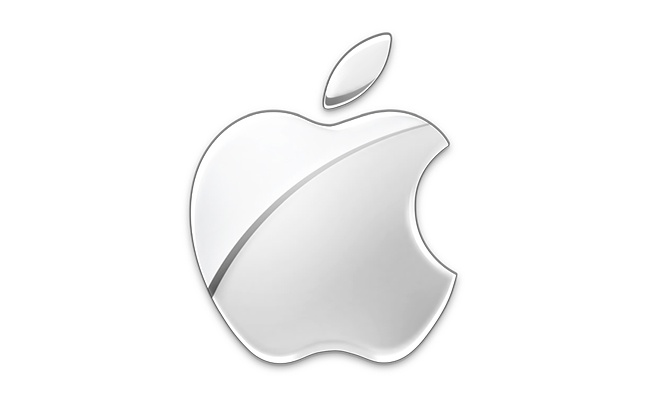Tim Cook has boosted Apple’s valuation near to $3 trillion, and much of it is due to the former operations chief’s ability to manage a relationship with China, where many of the company’s goods are manufactured and, increasingly, sold. Unnamed individuals and internal documents are used in a study published this week by The Information to peel back some of the facts concerning Apple’s ties with China.
This includes a request Apple allegedly got in 2014 or 2015 on a tiny group of uninhabited islands over which China and Japan appear to be at odds over ownership. According to which side of the debate you’re on, the Senkaku Islands or the Diaoyu Islands inspired a request from China to members of the Maps team to make them appear larger, even when viewers are zoomed out on the map. According to The Information, not only did Apple eventually make the modification, but the islands are still represented at a higher scale than the territories around them for users accessing its map from within China.
The report also goes into detail on disagreements ranging from iTunes and iCloud to Apple Pay. The 1,250-word memorandum of understanding that Tim Cook allegedly signed on a well-publicized trip to China in 2016 is the number that hangs over everything. Cook travelled to China, according to the timeline, because of repeated regulatory moves impacting Apple’s operations. The goal was to avoid such interruptions by signing a five-year agreement (with an option to extend for a sixth year) providing $275 billion in investments, business transactions, and training in China.
And, according to The Information’s sources, it appears to have been true for the most part. According to research from Counterpoint Research, Apple overtook Samsung as China’s leading smartphone brand in October, a position it has not held in six years. Meanwhile, Apple has opened new research and development centres in China and has begun storing iCloud data for Chinese consumers there.
However, opponents have raised concerns about the company’s dedication to privacy — the company’s Private Relay feature will not be available in China — and commercial relationships with companies linked to Uyghur forced labour. That’s before we get into the other visible compromises that stem from Apple’s decision on the disputed islands, such as the numbers you can’t engrave on an iPad in China and app takedowns.
According to the South China Morning Post (via Apple Insider), a state-run Chinese tabloid dubbed the piece “McCarthyism,” alleging it was an attack “obviously inspired by the ‘political correctness’ of Sinophobia.”












